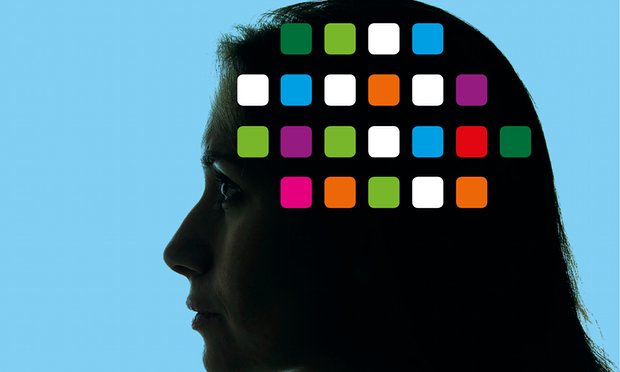Can apps improve your mental wellbeing?
Reaching for your phone to help with stress and sleep might feel counterintuitive, but there are now hundreds of wellbeing apps out there to help us find inner peace. With even the NHS on-board, there must something in it.
 Photograph: Getty Images
Photograph: Getty Images
To the smartphone-addled among us, advising the use of apps to fix mental health problems might seem like telling someone who needs to get fit to live on jam and fags. But it’s happening all the same. While gadget and social media addiction are lampooned for increasing teenage depression, and complaints abound that the constant compulsion to check apps and message conduits leaves us frazzled and scatterbrained, purveyors of wearable tech, app designers and even the NHS really want us to use our phones for soul-soothing.
The idea of treating mental health digitally is not new. A PC-based online cognitive behavioural therapy (CBT) treatment for depression has been in clinical use for seven years now – rolling out newer such services via smartphone apps will make this kind of treatment even more accessible. Meanwhile, there are more than 500 mindfulness apps, offering meditation soundtracks, relaxation techniques and pearls of wisdom, not to mention the many fitness/self-optimisation apps making forays into mood tracking. Everyone’s at it, from Apple Watch’s Breathe, to the guy who invented the online monster adoption game, Moshi Monsters, Michael Acton Smith. Scrolling through his mindfulness app, Calm’s, sensory front page options – rain falling on foliage, a mountain lake – is blissful, but can increasing reliance on phones really help us find peace?
There is evidence that mental health apps can work. This summer, it was announced that Sleepio, a digital CBT programme for tackling insomnia, has had a successful NHS “real-world” trial, after being offered via the Manchester service, Self Help (this follows a placebo-group randomised control trial . The app assesses users’ worries, sleep schedules, lifestyle and bedrooms, before teaching them CBT techniques. Through improving their sleep, the 98 participants saw a 68% recovery rate from anxiety and depression symptoms, compared with an NHS average of 45%.
Continue reading this article by Amy Fleming at The Guardian